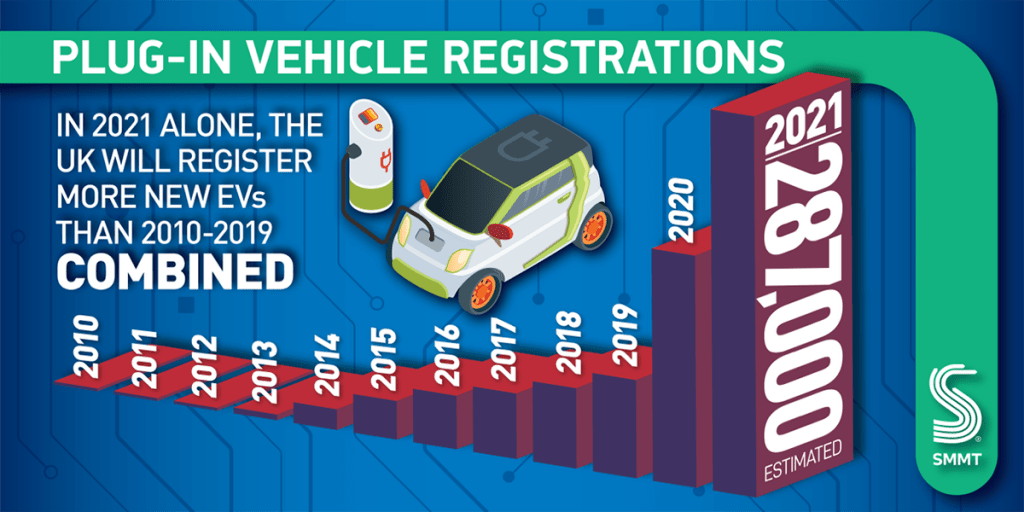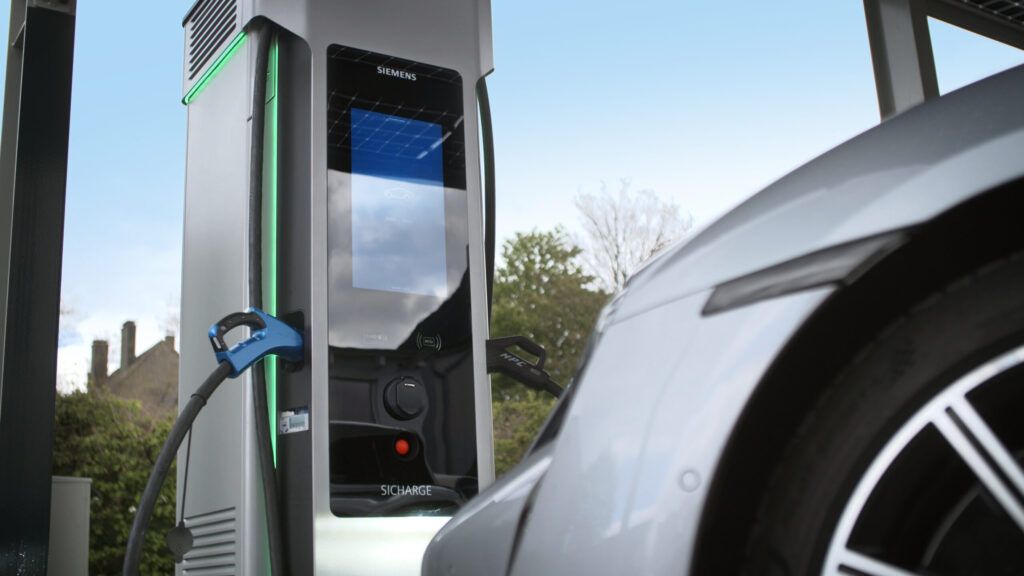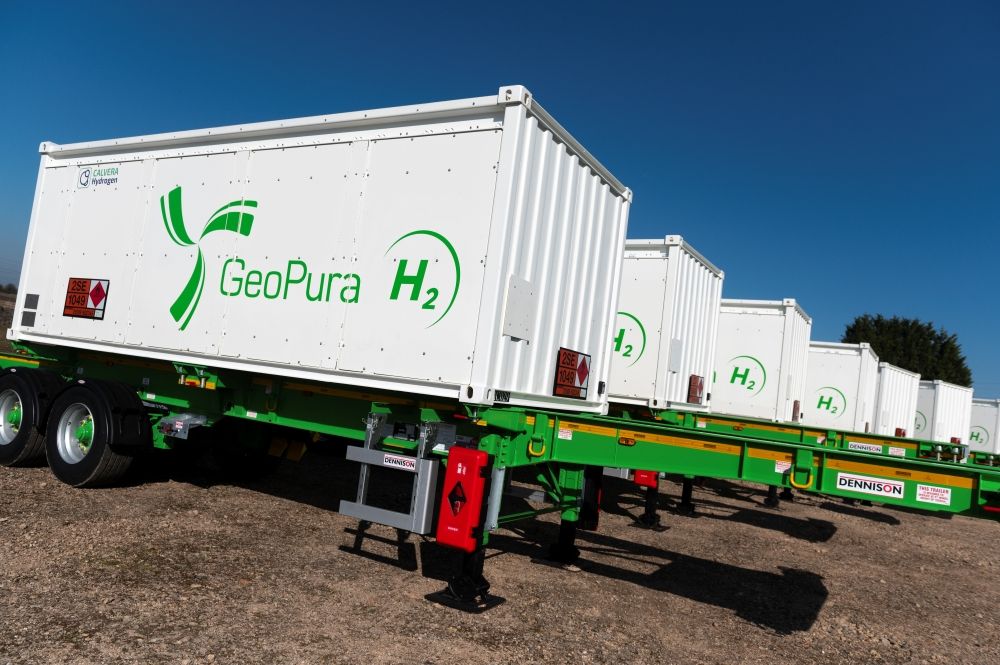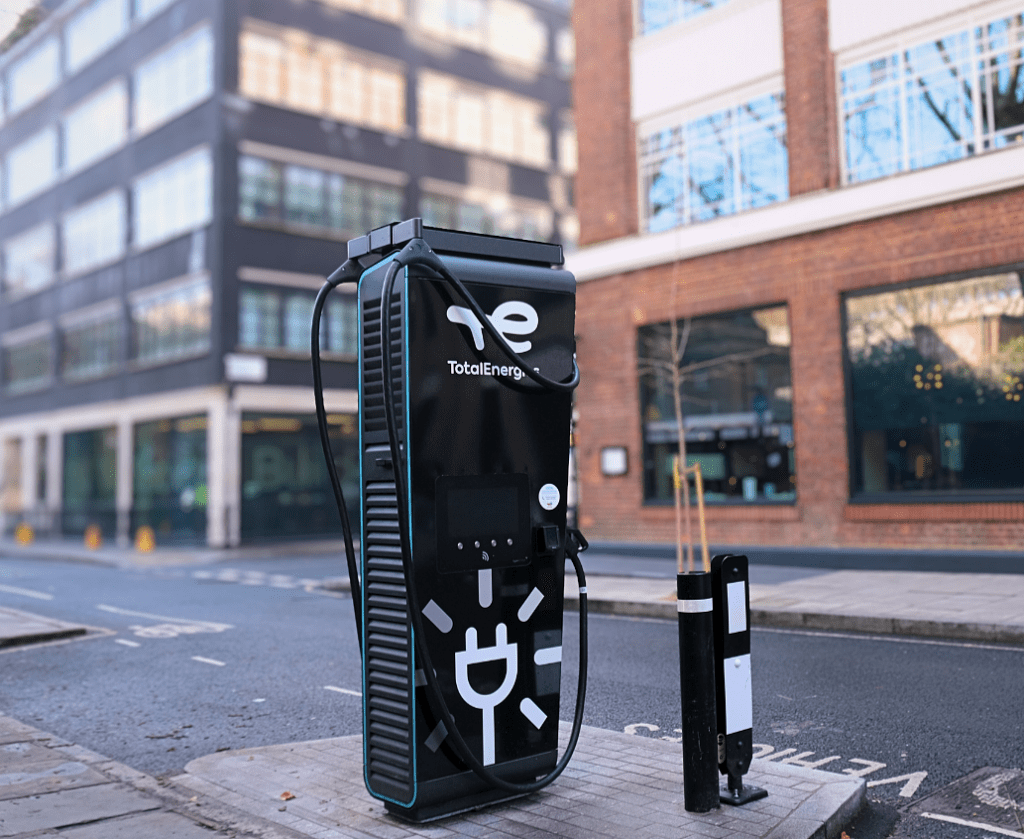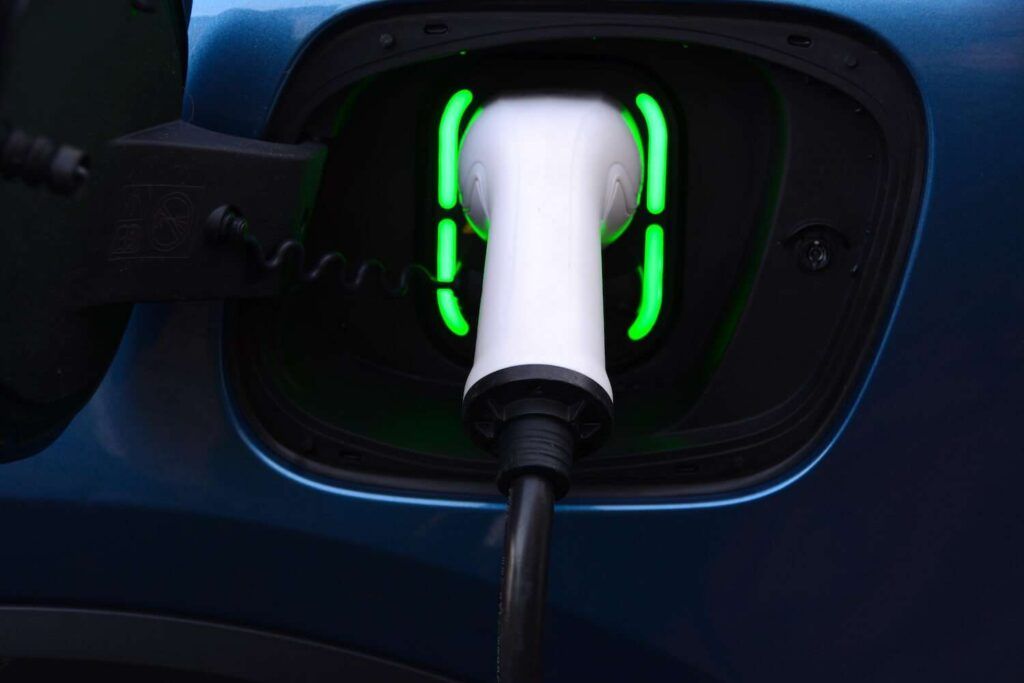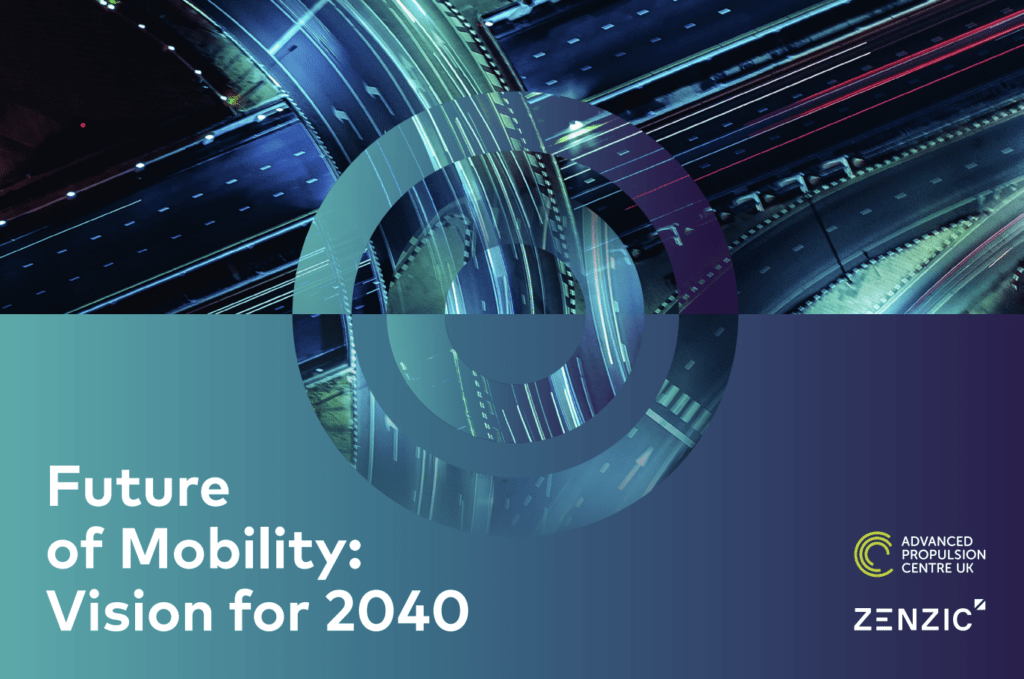More plug-in vehicles are set to be registered in 2021 than the whole of the last decade, according to the latest forecast from the Society of Motor Manufacturers and Traders (SMMT).
The latest SMMT outlook forecasts that some 287,000 plug-in vehicles will be registered in 2021 – more than from 2010 to 2019 combined.
Based on current forecasts, BEV registrations are also expected to exceed those of diesel by the end of 2022.
A total of 271,962 new battery electric (BEVs) and plug-in hybrid vehicles (PHEVs) were registered between 2010 and 2019.
In a statement the SMMT said: “The rise is even more remarkable given that 2021 is expected to be a relatively weak year for new car registrations, some -30% below the average recorded over the past decade. The semiconductor shortage has reduced overall global car production, but manufacturers have done all they can to ensure the availability of as many plug-in vehicles as possible.”
More than a quarter of all car models available in the UK can now be plugged in and businesses have been particularly incentivised to invest in plug-in cars thanks to a range of tax breaks and grants, meaning around two in every three new BEV registrations this year have been for large fleets.
Mike Hawes, SMMT Chief Executive, said: “As Britain hosts COP26 and seeks to align the world in committing to achieving net zero and limiting the global average temperature rise to 1.5 degrees above pre-industrial levels, our latest outlook shows the UK experiencing a surge in plug-in vehicle uptake. Massive investment by industry as well as long standing government incentives have seen us go from just 188 new plug-in cars in 2010, to almost 300,000 in 2021.
“To achieve net zero by the desired date, however, uptake rates must continue to grow. This requires ongoing incentives to help consumers make the switch and significant investment in public charging infrastructure. Backed by the ingenuity and innovation of the automotive sector, we can then deliver zero-emission mobility that is accessible and affordable for all.”
The SMMT added that there is a need for “turbocharged investment” by both the public and private sector into the essential public charging infrastructure required by a growing plug-in vehicle fleet.
Image courtesy of SMMT.




